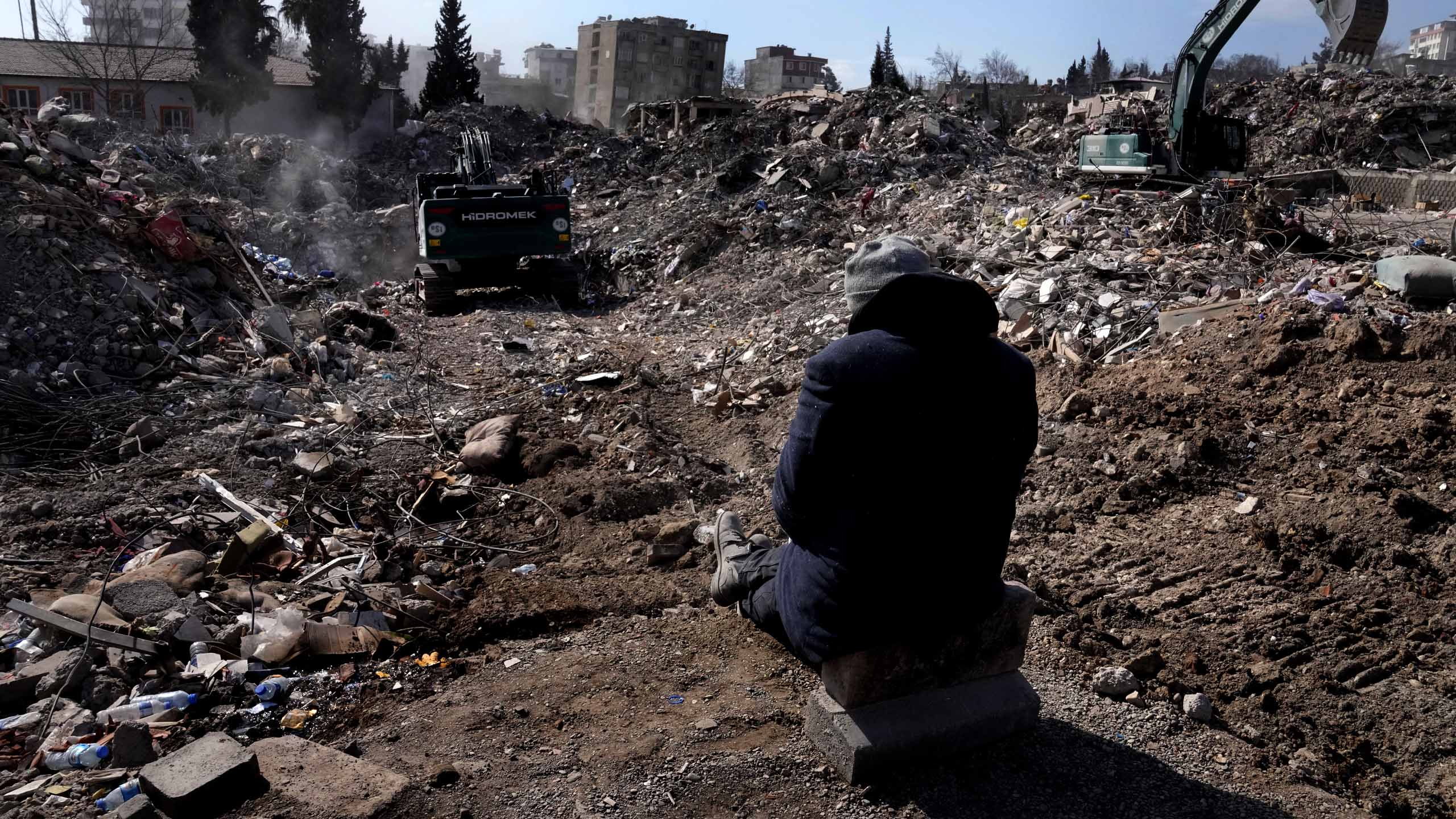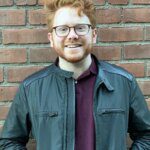“I survived eight years of war but have never seen anything like this in my life.”
That is what Hussam Ahmed, a young Syrian refugee living in Turkey, says about what his life has been like since the 7.8-magnitude earthquake on Feb 6, one of the strongest seismic events in the region’s history.
In addition to now being homeless, many Syrian refugees are also dealing with the additional stigma in Turkish society of being a refugee. But Hussam is facing another problem in the wake of this natural disaster. He is queer. So for him, and countless other LGBTQ+ Syrians, the natural disaster is affecting him in ways that most Syrians haven’t had to think about.
“My queer books and other personal possessions are still at my home,” Hussam, who is not out to his family, tells Xtra. “My building was only partially destroyed so I’m nervous that my family will be allowed to return and discover my identity … I don’t know if this will actually happen but there’s still the fear.”
So, while most survivors of the earthquake are worrying solely about the immediate needs of food and shelter, Hussam must also worry about obscuring his true identity. His situation exemplifies that for LGBTQ+ Syrians, the anguish they are experiencing post-earthquake is multifaceted.
As of Feb 21, at least 48,900 deaths have been confirmed in both Turkey and Syria. At least US $84.1 billion in damages were reported, and millions of people are now homeless as 118,000 buildings were destroyed. Freezing winter weather is making everything worse.
After a natural disaster, queer and trans people often face compounded suffering and must navigate various hurdles in accessing aid.
According to the National Preparedness Report by the U.S. Federal Emergency Management Agency (FEMA), LGBTQ+ people are more likely to be socially isolated and face harassment in settings such as emergency shelters.
“Age, financial insecurity, pregnancy and identification with a historically disadvantaged group—including minorities and the lesbian, gay, bisexual, transgender, queer (LGBTQ+) community—are all factors that can increase vulnerability,” the report reads.
Various academic studies bolster the claim of the additional struggles faced by queer and trans survivors of natural disasters. For example, one study in the peer-reviewed journal, Home Cultures, found that “response and recovery strategies favour assistance for heterosexual nuclear families and elide the concerns and needs of LGBT survivors.”
These findings are also confirmed by what’s happening on the ground in Turkey.
Nour and her girlfriend are trans Syrian refugees. She explains the struggles they are both facing after surviving the earthquake.
“We don’t have a place to live and our families have already disowned us … We were told of a mosque that was warm, but knew it wouldn’t be safe. That didn’t matter. We decided to go anyway … Once we arrived at the mosque, we didn’t know whether to go to the men’s section or women’s section,” she recounts. “We were sure that if we were to go to the women’s section, they would kill us, since the mosque is in a remote area, no one would come help us.”
Desperate, Nour and her partner decided they had no choice but to enter the mosque in the men’s section. They both hid their long hair under a hat and did their best to go unnoticed. However, soon after entering, the men began to look upon them with disgust. Nour even heard someone say that the earthquake happened because of “creatures” like them.
“So we decided to leave the mosque and spend the night outside at a place I heard about with tents. Today, I am sick and can feel the cold in my bones.”
It is due to stories like Noor’s that LGBTQ+ Syrians in Canada and Europe have come together to try and support those who are still in Turkey and Syria.
Mohamad Altasseh is a Syrian refugee who lives in Ottawa. He is part of Seen for Gender and Sexual Equity (SGSE), a volunteer group that works on raising awareness of the violence, discrimination and human rights violations toward LGBTQ+ communities in Syria. A week ago, they launched a fundraiser to raise money for queer and trans survivors of the earthquake.
Altasseh says that SGSE decided to launch this fundraiser so they can better address the urgent needs of their community.
“When the earthquake first happened, I was in shock. But after seeing the news coverage and social media posts the following day, I realized that LGBTQ people were not visible in this crisis. They were not being made a priority. So that is why we decided to step up and take action,” he says.
Given that queer and trans people are not always welcome in shelters, Altasseh says that one of the main priorities right now in distributing money is for safe places to stay, like hotel rooms and apartments.
Many of the members of SGSE have family and friends who they are supporting in Turkey and Syria who are not LGBTQ+. However, they believe it is vital to pay extra attention to queer and trans survivors. As another member of SGSE, Diaa, says:
“Disasters like these force LGBTQ Syrians to go further into the closet. And as members of this community as well, we know that we are more marginalized and more often left behind. We often get turned down for services because of the way we look and the way we express ourselves. Who is thinking about helping these people?”
Before launching the fundraiser, Altasseh, Diaa, and other activists at SGSE informally collected money from their own networks in Europe and North America. But after realizing the tremendous need for aid, they are now hoping their fundraiser can help make more of an impact.
SGSE currently has a goal of raising $15,000 for LGBTQ+ survivors. But as Altasseh says, part of the goal of this fundraiser is to raise the visibility of an overlooked community.
“Our organization, SGSE, is also simply known as Seen,” he says. “In English, seen means to be visible, and in Arabic, it can mean beautiful in the underground gay language.”
Regardless of how much money they raise, this fundraiser and SGSE’s work is already showing the world that LGBTQ+ people are suffering too and must be included in international efforts for aid and assistance.


 Why you can trust Xtra
Why you can trust Xtra


